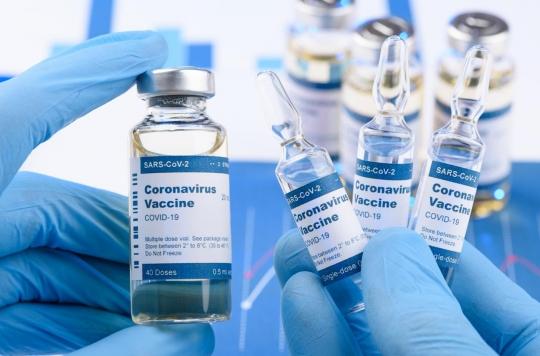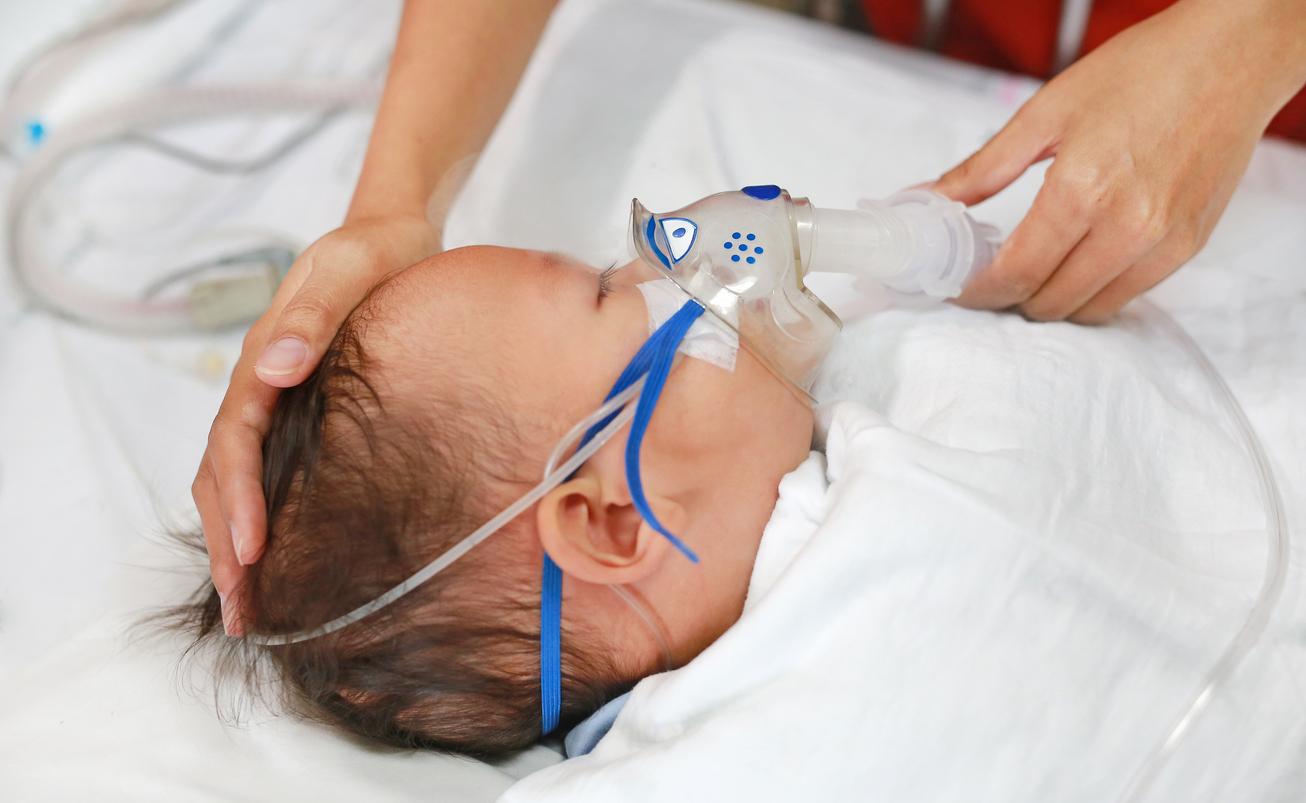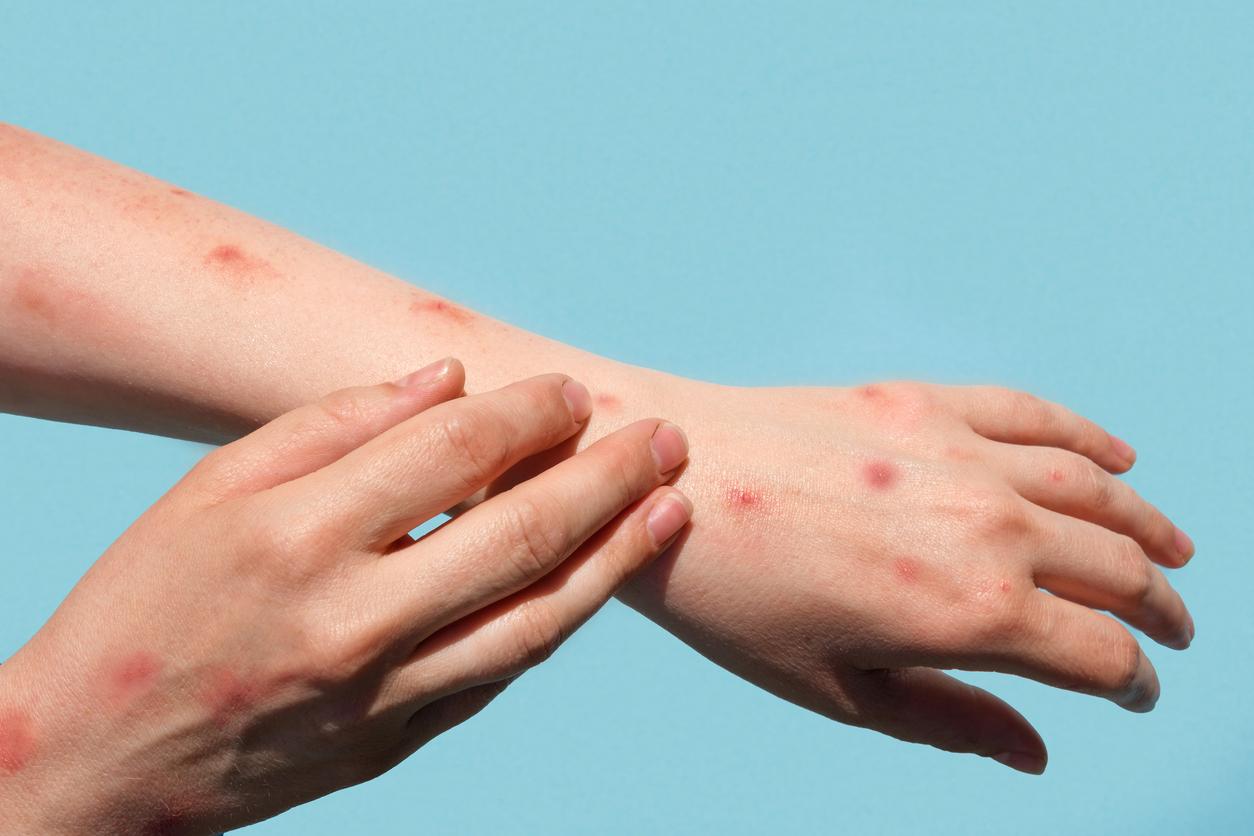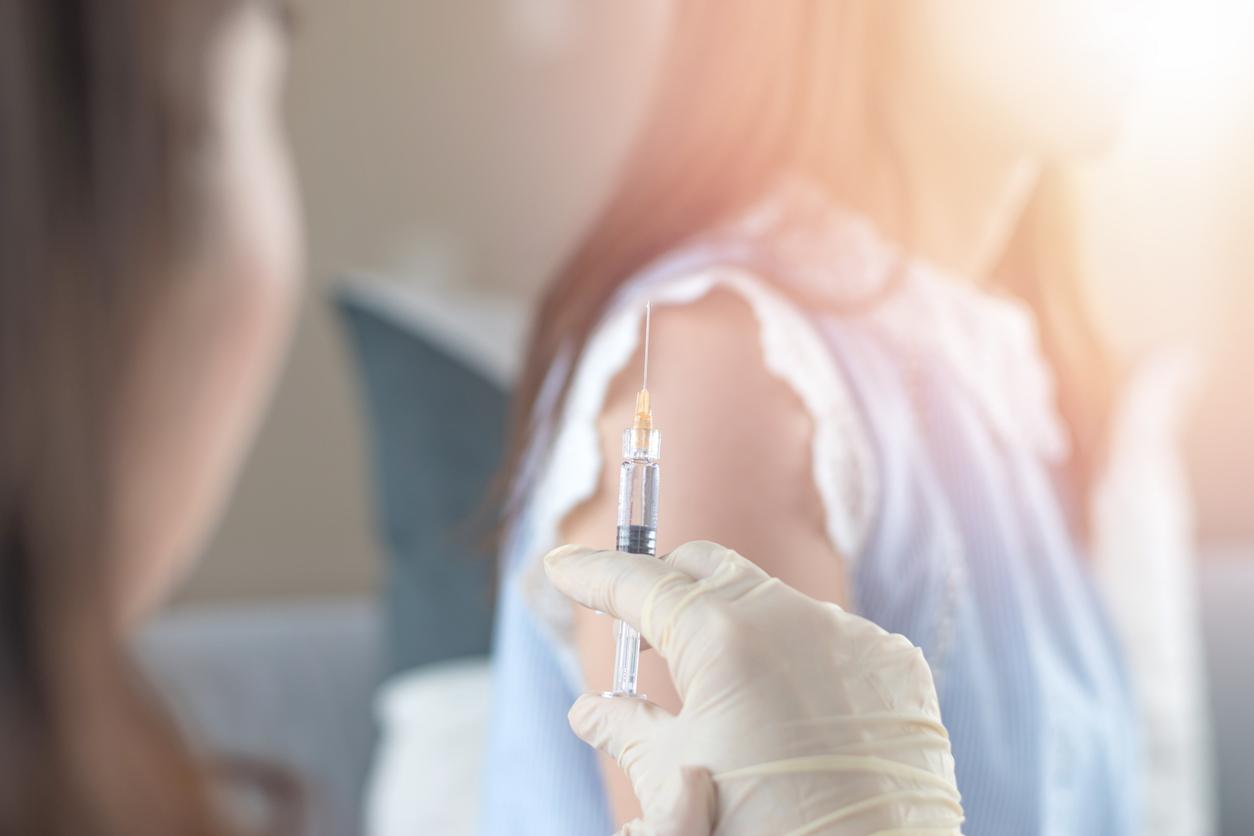The announcement by the American laboratory Pfizer of an effectiveness of “90%” for its vaccine against Covid has raised real hope. But in the Lancet, two virologists say that thinking of ending the pandemic very quickly would be “an illusory hypothesis”.

- A vaccine against Covid-19 would have an effect on the disease but without necessarily stopping the transmission of the virus
- Two virologists have doubts about the ability of this vaccine to represent “the ultimate solution”
Too much optimism? The hope of a control of the epidemic born from the announcement on November 9 by the American laboratory Pfizer linked to the biotech BioNTech of an effectiveness of 90% observed for their candidate vaccine against Covid-19 could be disappointed. While SARS-CoV-2 has already caused the death of more than 1.2 million people worldwide and many countries are living in containment situations, each news about a vaccine or treatment capable of stopping the evolution of the pandemic or to make it less dangerous is however received as a promise of a return to a “normal” life soon. But when it comes to vaccines, an article published on November 7 in The Lancet but written in September 2020 – which therefore does not directly concern the vaccine that is the subject of Pfizer’s recent announcement – stresses that “those of the first generation are only one tool in the overall public health response to Covid-19 and it is unlikely that they are the ultimate solution to which many expect”.
“The impact on transmission has not been assessed”
Words that shower the hopes of a rapid end to the epidemic. “The idea that vaccine-induced population immunity will enable a return to pre-Covid normality may be based on illusory assumptions,” insist the authors, virologists Malik Peiris and Gabriel M. Leung, pointing out that if a vaccine can protect against the disease, “it might not reduce transmission in the same way”.
In other words, the vaccine will undoubtedly be able to protect against the most acute symptoms or severe forms of Covid-19, but it may not prevent patients from remaining contagious… and the epidemic threat from persisting! About most of the candidate vaccines currently in phase 3 trials – which is the case of the Pfizer product – “their impact on transmission has not been evaluated”, specify the authors of the Lancet article.
Which priorities to vaccinate?
In addition, Malik Peiris and Gabriel M. Leung wonder about another subject on which the effectiveness of the arrival of a vaccine on the Covid-19 epidemic will depend, the way in which choices will be made concerning the public at vaccinate first. If the authors consider it natural to include in the priority groups “people at high risk of severe morbidity and mortality”, among which are the oldest people, they recall that “influenza vaccines are less effective in these populations in part because of immune senescence (age-related weakening of the immune response, editor’s note) which could also affect Covid-19 vaccines”.
And the allocation of vaccine doses between the different countries will, according to them, also be taken into account since “if international travel were to resume, no country will be truly protected from Covid-19 before practically the whole world does it. that is”.
.

















